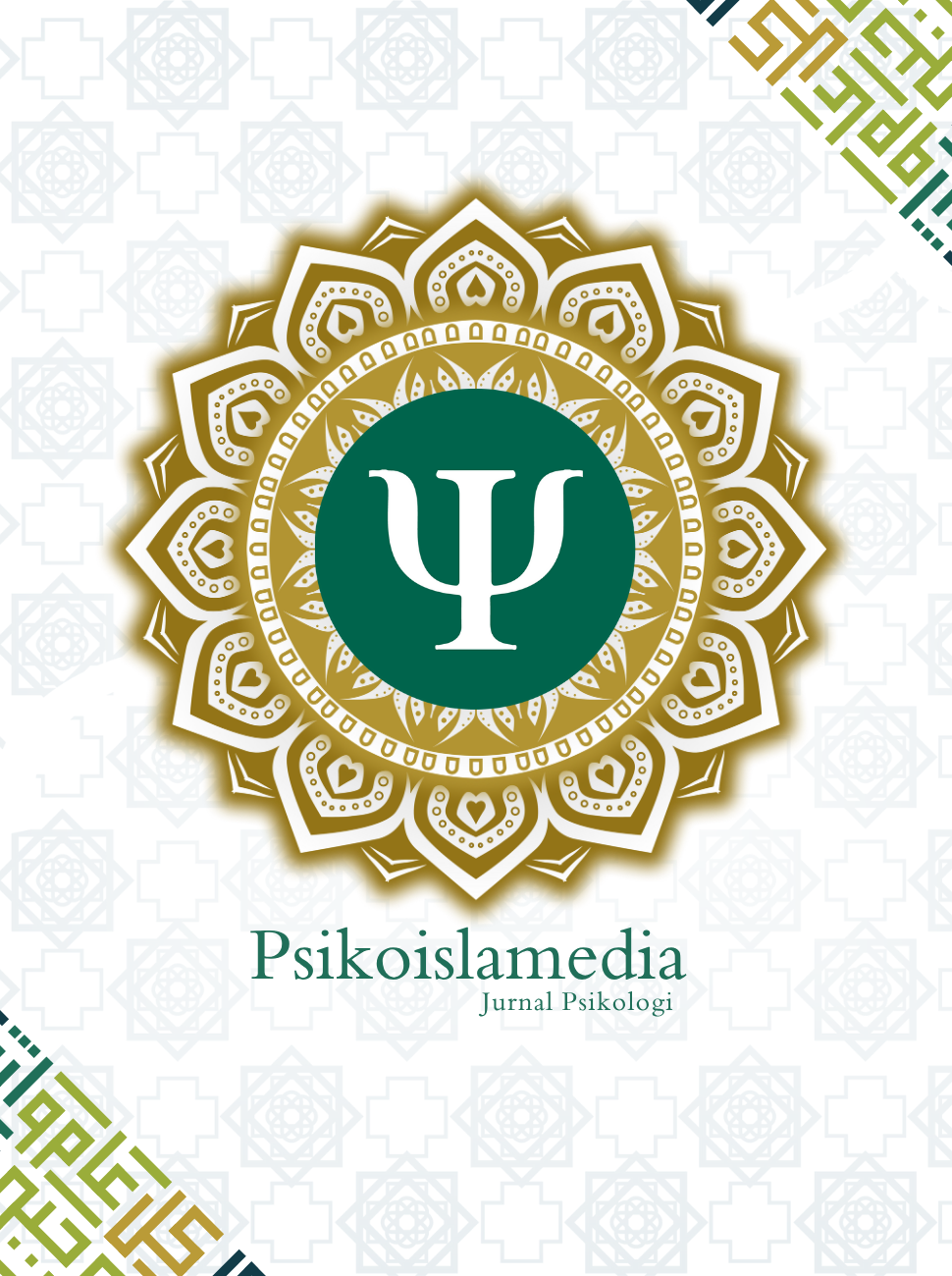The Role of Social Support on the Level of Loneliness among Migrant Students in Makassar
DOI:
https://doi.org/10.22373/psikoislamedia.v10i2.31776Abstract
The differences in life abroad present challenges for students in adapting to new cultures and environments, which often lead to feelings of alienation due to differences in socio-cultural norms and longing for loved ones. This condition can trigger negative emotions in the form of loneliness, which is influenced by social support. This study aims to examine the relationship between social support and loneliness in 349 first-year students from Makassar City aged 18-24 years living in boarding houses and originating from outside South Sulawesi. Using a quantitative approach with instruments in the form of a social support scale and a loneliness
scale. Data analysis was carried out using the Kolmogorov-Smirnov normality test, ANOVA linearity test, and hypothesis testing using Pearson correlation. The results showed a significant negative relationship between social support and loneliness (r = -0.884, p < 0.05).
This finding demonstrates the importance of family and friend support in preventing loneliness for students from traveling.
Keywords: Loneliness, Migrant Students, Social Support
Downloads
Published
Issue
Section
License
Copyright (c) 2025 Anna Azizah, Dr. H. Muh. Daud, M.Si.

This work is licensed under a Creative Commons Attribution-ShareAlike 4.0 International License.
Authors who publish in this Journal agree to the following terms:
- Authors retain copyright and grant the journal right of first publication with the work simultaneously licensed under Attribution-ShareAlike 4.0 International (CC BY-SA 4.0) allows others to share the work with an acknowledgment of the work's authorship and initial publication in this journal.
- Authors are able to enter into separate, additional contractual arrangements for the non-exclusive distribution of the journal's published version of the work (e.g., post it to an institutional repository or publish it in a book), with an acknowledgment of its initial publication in this journal.
- Authors are permitted and encouraged to post their work online (e.g., in institutional repositories or on their website) prior to and during the submission process, as it can lead to productive exchanges, as well as earlier and greater citation of published work. (See The Effect of Open Acces)














